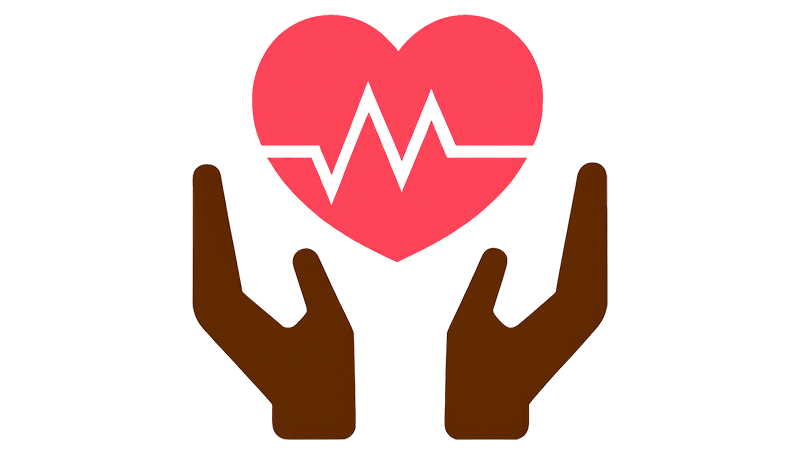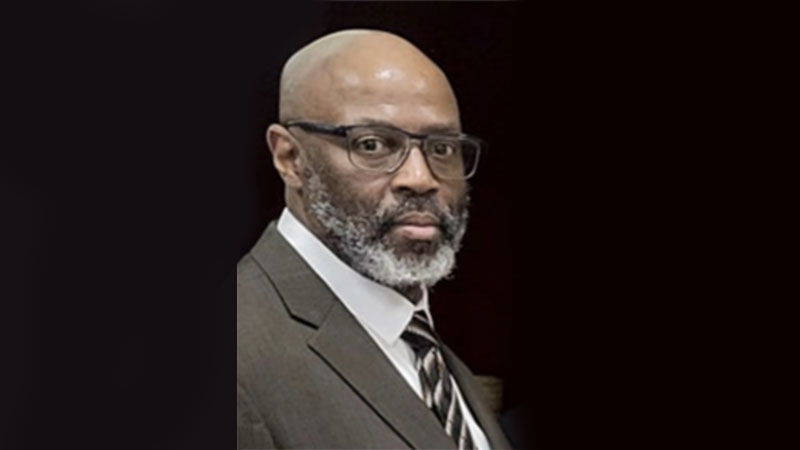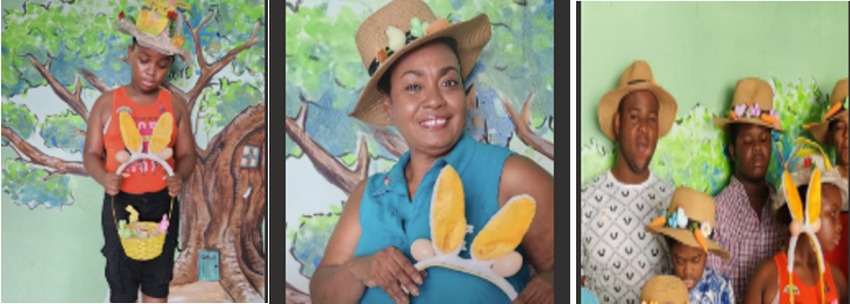 I arrived in New York on August 20, 1963, eight days before Dr. Martin Luther King’s March on Washington, DC. Four days later I experienced what I later discovered Dr. King had described in his speech. I experienced what it was to be judged by the color of my skin and not by the content of my character. Four days after my arrival, I was scheduled to make a presentation to the group of Fulbright Fellows and Scholars to which I was assigned. Unfortunately, that morning I awoke with severe pain. I hobbled over to the conference room and explained to the Professor that I needed to see a doctor because I was in significant pain. I could not believe it when he said: You black students are always looking for excuses. Now that you are a Fulbright Scholar, you will have to learn how to work hard to justify that accolade. I hobbled out of the room and found the Director of the program. He took me to the Yale New Haven Hospital, where I spent the next ten days.
I arrived in New York on August 20, 1963, eight days before Dr. Martin Luther King’s March on Washington, DC. Four days later I experienced what I later discovered Dr. King had described in his speech. I experienced what it was to be judged by the color of my skin and not by the content of my character. Four days after my arrival, I was scheduled to make a presentation to the group of Fulbright Fellows and Scholars to which I was assigned. Unfortunately, that morning I awoke with severe pain. I hobbled over to the conference room and explained to the Professor that I needed to see a doctor because I was in significant pain. I could not believe it when he said: You black students are always looking for excuses. Now that you are a Fulbright Scholar, you will have to learn how to work hard to justify that accolade. I hobbled out of the room and found the Director of the program. He took me to the Yale New Haven Hospital, where I spent the next ten days.
On June 29, 2023, about sixty years later, the Supreme Court eliminated the use of Affirmative Action in college admissions. This decision has increased the attacks on DEI and efforts to recruit and retain students and faculty of color. Actually, the attacks are not only on people of color but on all marginalized groups, including women, Blacks, Hispanics, Native Americans, LGBTQ+ people, people of certain religions and the aged. Discrimination is spreading like an epidemic and a non-American accent is no longer a potential protection because of the pervasive xenophobia.
The CIVIL Rights Act of 1964 prohibits discrimination on the basis of race, color, religion, sex, or national origin. This Act resulted from sustained actions of civil disobedience, protests, and marches, such as that in Washington, DC. These actions led to the imprisonment and the loss of life of many of these civil rights protesters. I recalled sitting in front of the TV, mesmerized as news anchors, Walter Cronkite, David Brinkley, and Barbara Walters reported on these horrific atrocities. Every one of us benefitted by at least gaining admission into institutions and job positions that previously would have been very difficult to attain.
Now we have returned to pre-1960s times in America, with the only difference that there is a significant presence of marginalized groups in the house- in companies and institutions of higher learning. Unfortunately, several are experiencing a new wave of hostility against our presence in the workplace and institutions of higher learning. This rising open hostility, in some places, has been emboldened by the Supreme Court’s decision against Affirmative Action. In addition, there is no longer the moral indignance and or guilt about racism, sexism, religious bigotry, etc. Medical studies are now revealing that sustained discrimination in the workplace, from contact with the police and from housing problems, increases incidence of coronary artery disease and stroke.
Safe Haven Dialogues LLC (SHD) believes that it is imperative that we find solutions for ourselves, family members, and friends, when we are subjected to systemic discrimination. It is for this reason that SHD offers its Reframing Methodology. The author of this article, after facing an episode of discrimination at work, developed and used this methodology. In spite of episodes of discrimination, he rose through the ranks of the pharmaceutical industry to become the first Black to be in the C-Suite of a Top 5 global pharmaceutical company, as Chief Scientific Officer and EVP responsible for global research, development, and regulatory affairs. It also helped him to lead more than six thousand scientists, worldwide, who innovated, developed and/or brought to market more that 25 drugs. These include drugs, such as, Allegra for Seasonal Rhinitis, Lantus for Diabetes, Taxotere for cancer, to mention a few.
Often, we hide the pain and stress, caused by discrimination, from our family and friends. As it is often said: ‘It is not your fault’. The Safe Haven Dialogues’ Reframing methodology is now available to you. Whether you work in the healthcare industry, in government offices or large corporations, you will find case studies that might resonate with your own present or past experiences. You can find these at: https://safehaven.mykajabi.com/courses. They will help you identify: issues of Equity and Inclusion in the cultures of your organization, the culture in which you are working, areas where you can improve your own productivity as well as that of your work unit, and they will help you Reframe your problem and find a solution that is life-affirming.




